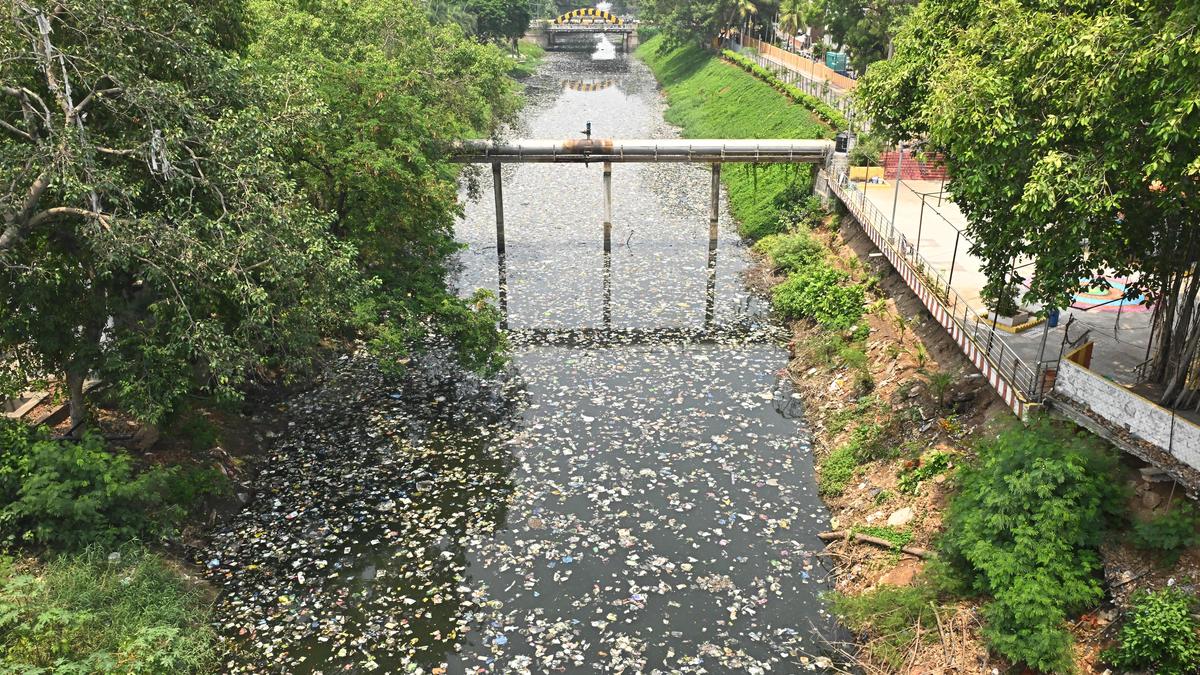Home / Environment / India's Vanishing Rivers: Climate Change Threatens Ancient Water Systems
India's Vanishing Rivers: Climate Change Threatens Ancient Water Systems
10 Nov
Summary
- India's water resources unevenly distributed, with 60% in Ganga-Brahmaputra basin
- Climate change causing glacial retreat, extreme floods and droughts
- Groundwater depletion leading to decline in river baseflows

India's water crisis is entering a new era, shaped by the unpredictable disruptions of climate change. As of November 2025, the country is grappling with intensifying floods, droughts, and glacial retreat, placing unprecedented stress on its already fragile water systems.
The effects of climate change are becoming increasingly evident. A consistent warming trend is increasing water demand, while rainfall patterns show greater variability, with some regions experiencing declining seasonal rainfall. Compounding this uncertainty is the retreat of the Himalayan glaciers, which currently contribute significantly to dry-season river flows. As glacial melt accelerates, an initial increase in flow could be followed by steep declines, threatening the lives and livelihoods of millions downstream.


